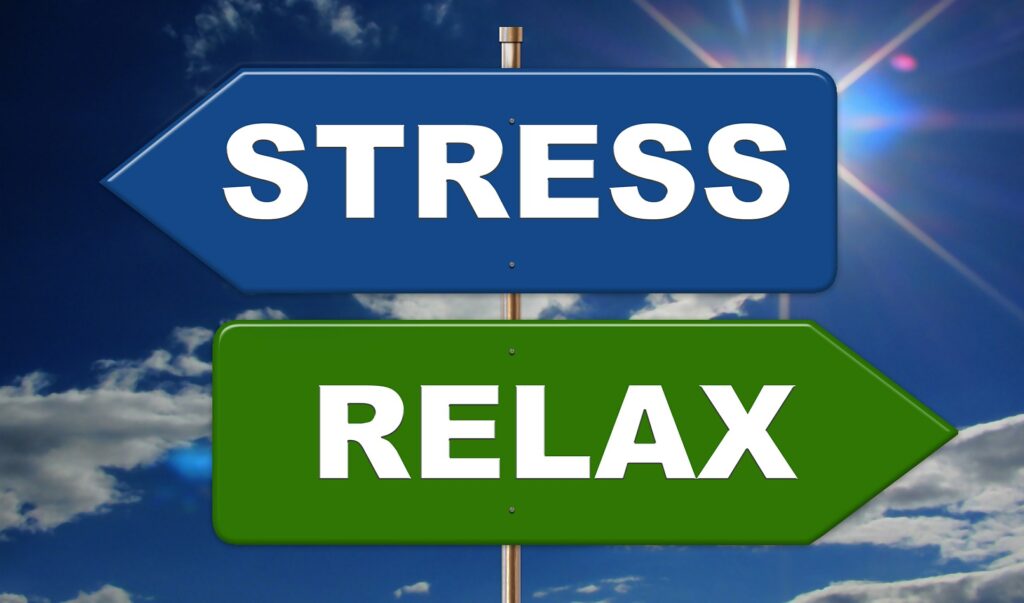The most crucial stage in developing your trading methods is mastering your trading emotions and psychology. 100% of your success depends on it. However, you may never develop the necessary skills to achieve your goals unless you fully understand your particular strengths, weaknesses, and belief systems.
Let’s see how to increase your trading performance using easy-to-use yet effective self-reflection methods to teach you how to improve trading psychology and control emotions in trading.
➢ Faith comes from within
I cannot stress enough how crucial personal trust is to your trading success. You will be irritated at best and fail at worst if you don’t have faith in your capacity to learn the necessary abilities.
➢ Start by being honest
YOU ARE THE ONLY ONE YOU CAN CONTROL! Therefore, being honest is easy. It’s a choice. Doing an excellent initial check to identify your trading psychology is the first step towards better trading success. Achieving your goals depends on completing this assessment.
What Is Trading Psychology?

Trading entails analyzing the market and deciding whether to purchase, sell, or stay out of it.
Since your brain is where analysis and decision-making occur and sentiments and emotions originate, these factors can also directly impact the trading process. Euphoria, impatience, rage, fear, and pride are all relevant here.
A trader can develop a solid trading psyche and uphold discipline through various methods. For example, you can write a trading plan in addition to reading books by professional investors and trade psychologists. You can maintain a consistent routine, prevent attention gaps, and overcome loss aversion by creating a trading plan.
Trading Emotions And Psychology

When trading first starts, emotions can absolutely go out of control. A trader can begin to worry that they are missing out if the price of an asset changes quickly. This persistent emotion will constantly surface, especially for novice traders. Greed, financial loss, anxiety, and the mental fortitude to correct past errors are different emotions to control.
Last but not least, understanding how to control risks is one of the more critical components of creating trading psychology.
Traders occasionally need to make quick choices. Even if you have got your trading plan, there may be times when you have to make a snap judgment. However, you’ll benefit from having a sound trading strategy and plan.
These two factors, trading emotions, and psychology go hand in hand, making you successful. Therefore, knowing how to create a winning mindset and proper psychology is vital.
How To Improve Trading Psychology?

1. Get yourself a right mindset
Remember that markets are never stable before you even start your trading day. Both happy and bad days will come, but they will both pass.
Making time for yourself is a highly effective strategy to enhance your trading psychology and a proper mindset. It would be best if you devoted your time and effort to creating a trading strategy that the state of the market won’t impact.
2. Have a solid knowledge base
Expanding your knowledge and trading skills is one of the best strategies to improve your trading psyche. Remember that knowledge is power!
3. Remember that you are trading with real money
It’s easy to forget that your screen numbers are real money while trading online. There’s nothing wrong with risking your money for returns.
4. Study the trading habits of successful people
Because every trader is treated differently, the stock market is unusual. Therefore, you should know what your peers are doing regarding trading.
What Qualities Do You Think Makes A Successful Trader?

There are some common qualities in many successful traders. Analyzing them to recreate your personality could take a long way to achieve success. Following are some of these common qualities.
➢ Commitment
➢ Introspection
➢ Realistic
➢ Patient
➢ Adaptable
➢ Responsible
➢ Creative Thinking
➢ Self Confidence
How Do You Control Psychology While Trading

Stock market trading demands years of experience and a solid understanding of market dynamics to optimize profits. also, trading involves routinely buying and selling stocks instead of investing, which has a long holding period.
Trading when feeling emotionally unstable is just one of the things you should avoid doing. The risks associated with emotional trading might lead to significant financial losses. Here are some explanations for why emotions shouldn’t influence your trading decisions. Additionally, learning to control your mindset, and psychology, is crucial, too. Knowing this, how you control psychology while trading will take you that extra mile in becoming a success.
• Create your strategy
Every dealer is unique. Create a trading strategy to control emotions based on your needs and market expertise. Determine your risk tolerance thresholds and benchmarks for entry and exit points. Then, refine the plan repeatedly to ensure you’re moving in the right direction.
• Black market noise
Market noise can cause emotions to flare. You will hear a lot of noise regardless of whether the markets are bullish or bearish. Not all sounds are unimportant, but activating them can affect your trading technique and decisions.
• Think logically
You can effectively control your emotions by logical thinking. When you think logically, you often take meaningful actions that can make you money. Always ask yourself whether your choices are driven by principles or influenced by your emotions.
How Do You Avoid Fear In Trading?

After losing five straight trades, do you hesitate to make another one?
Do you worry that one day your account may go bust?
Marketers and most brokers want you to believe that trading is simple. After clicking “buy,” the price increases, and you click “sell.” Profit.
But is it true in practice? How do you avoid fear in trading?
Your trading phobias are one of the most challenging obstacles to go past. Following are the top 5 trading phobias that kill most traders and how to overcome them.
Fear of the unknown – You gamble when you don’t know how much you can lose. When the price is against you, you are subject to the unknowable forces of the market, leaving you powerless and paralyzed.
Fear of being wrong – People are culturally shaped and want to be correct. We hate being wrong and will do anything to defend ourselves.
Fear of missing out – Can place limits or stop ordering.
Fear of losses – Trade with money you can afford to lose Fear of giving back profits – Can develop a trading plan and work with that.
Fear of giving back profits – Can develop a trading plan and work with that.







